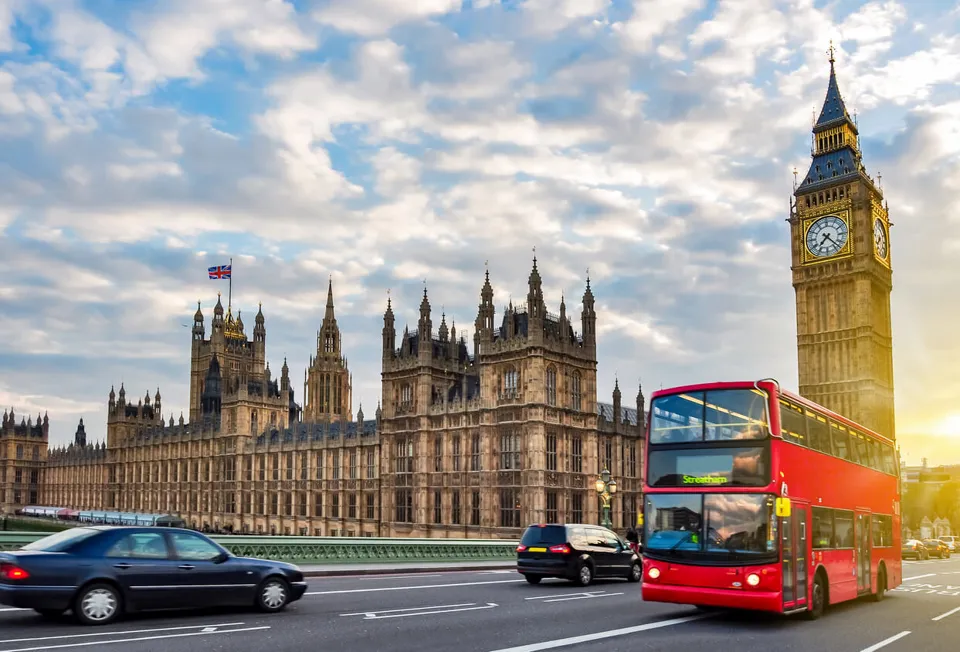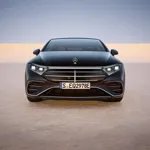Almost one-third of London’s bus fleet will soon be running on a greener blend of diesel, resulting in a reduction in CO2 emissions of 21,000 tonnes each year.
The CO2 savings come on top of the 48,000-tonne reduction from 2013 levels as a result of the introduction of lower emitting buses such as hybrids.
Argent Energy has signed deals to supply bus operators Stagecoach and Metroline with B20 green diesel.
The cleaner-burning fuel is made from blending diesel with renewable biodiesel from waste products, including cooking oil and tallow from the meat processing trade.
By March next year, almost 3,000 of the capital’s 8,900 buses will be powered by the B20 fuel blend. Six hundred and forty-two buses operating out of four Stagecoach depots have already been using B20 for two months on a trial basis.
Matthew Pencharz, deputy mayor for Environment and Energy, said: “As a leading global city London has an important role to play in reducing greenhouse gases and minimising our contribution to climate change.
“Just a fortnight after the Mayor’s visit to the Paris conference on preventing global warming, I am very pleased to announce that nearly a third of London’s buses will now be running on biodiesel, slashing the overall carbon emissions of the fleet and making use of fuels that would otherwise be clogging up our drains.
"These buses will be a proud addition to what is already the greenest bus fleet in the world, including hybrid, pure electric and pure hydrogen vehicles.
“This is ongoing progress for running our bus fleets on waste products and cutting CO2.
"We will continue to work with our industry partners to use more of London’s used cooking oil turned into biodiesel right here in the city, creating green jobs and fuel self-sufficiency benefits.”
Biodiesel is a renewable, clean-burning fuel. TfL requires that biodiesel blended into B20 for London buses is made from waste, rather than crop-based feedstocks.
It is estimated that buses running on waste-based B20 produce 10 per cent less ‘well to wheel’ carbon emissions than a bus using ordinary diesel.
The Capital’s bus fleet already has over 1,500 hybrid electric buses and 15 pure electric buses.
More than 2,000 older buses have been retrofitted with Selective catalytic Reduction, reducing their NOx emissions by up to 88% per bus.
The number of hybrid buses will increase to more than 1,700 by 2016 – a figure that will represent over 20% of the fleet.
In addition, eight zero emission hydrogen buses operate on route RV1, between Covent Garden and Tower Gateway.
TfL will also soon be trialling inductive charging technology that will enable special extended range diesel electric hybrid buses to wirelessly charge their batteries while they wait at bus stands.
The technology will be trialled on up route 69 in east London, which runs between Canning Town and Walthamstow bus stations.
The world’s first purpose-built double deck electric buses will also enter passenger service shortly.
By 2020, as part of the Ultra Low Emission Zone, TfL is committed to ensuring all 300 single decker buses operating in central London are zero emission (e.g. electric or hydrogen), and all 3,100 double deck buses are hybrid.
















Login to comment
Comments
No comments have been made yet.